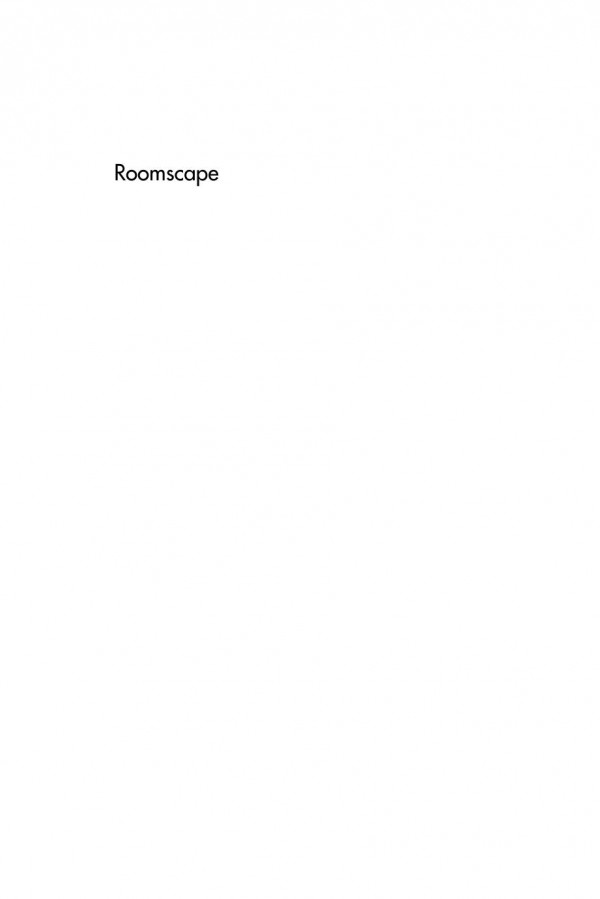

Most ebook files are in PDF format, so you can easily read them using various software such as Foxit Reader or directly on the Google Chrome browser.
Some ebook files are released by publishers in other formats such as .awz, .mobi, .epub, .fb2, etc. You may need to install specific software to read these formats on mobile/PC, such as Calibre.
Please read the tutorial at this link: https://ebookbell.com/faq
We offer FREE conversion to the popular formats you request; however, this may take some time. Therefore, right after payment, please email us, and we will try to provide the service as quickly as possible.
For some exceptional file formats or broken links (if any), please refrain from opening any disputes. Instead, email us first, and we will try to assist within a maximum of 6 hours.
EbookBell Team

4.7
56 reviews'Roomscape deserves to find a readership, for its original pursuit of a rich topic and the possibilities it suggests for further study.'/> - Matthew Ingleby, TLS
'By drawing women back towards the foci of 19th-century intellectual life, Bernstein has done library history a great service.'/> - Colin Higgins, Librarian, St Catharine's College, Cambridge, THE
Drawing on archival materials around this national library reading room, Roomscape is the first study that integrates documentary, theoretical, historical, and literary sources to examine the significance of this public interior space for women writers and their treatment of reading and writing spaces in literary texts. This book challenges an assessment of the Reading Room of the British Museum as a bastion of class and gender privilege, an image firmly established by Virginia Woolf's 1929 A Room of One's Own and the legions of feminist scholarship that upholds this spatial conceit.
Susan David Bernstein argues not only that the British Museum Reading Room facilitated various practices of women's literary traditions, she also questions the overdetermined value of privacy and autonomy in constructions of female authorship, a principle generated from Woolf's feminist manifesto. Rather than viewing reading and writing as solitary, individual events, Roomscape considers the meaning of exteriority and the public and social and gendered dimensions of literary production.